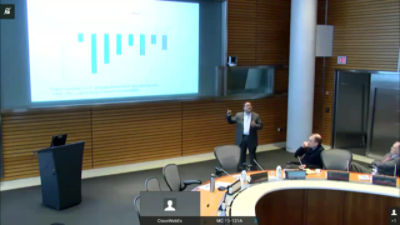Has international trade contributed to a growing rift between winners and losers in the global economy? Over the last decade, researchers have developed new empirical and analytical approaches to answer this question. In this talk World Bank economist Erhan Artuc will lay out the facts, answers, and misconceptions surrounding this growing literature.
Three empirical challenges in particular have led to overstating the net costs of trade liberalization. First, when workers can quickly and easily adjust to policy reforms, the gains from liberalization are greater. However, the empirical identification of the impact of liberalization requires large mobility frictions across local markets. As a result, research only identifies the effects of liberalization when adjustment costs are high, leading to biased results. Second, the welfare gains are diffuse and concealed while the costs – mostly arising from job losses – are concentrated and easily identifiable. Finally, the most significant impacts of trade liberalization are dynamic in nature, arising from technological progress, pro-competitive innovation, and new job opportunities. Standard empirical approaches only capture static effects, therefore underestimating the gains from liberalization.
Artuc will present innovative and policy-relevant approaches to overcoming these challenges.



